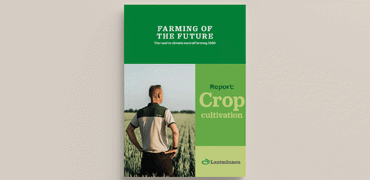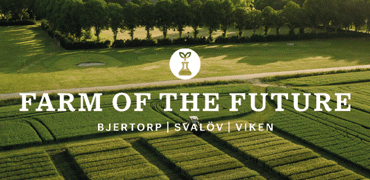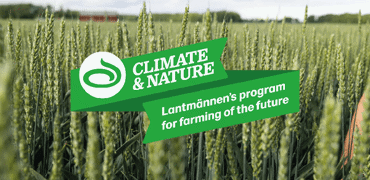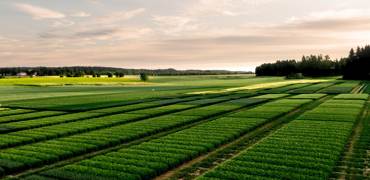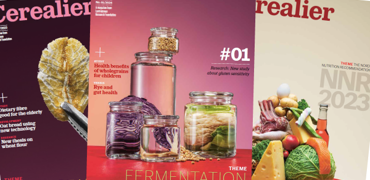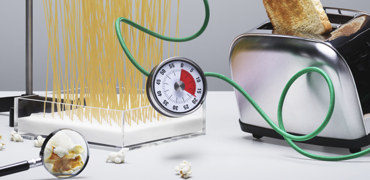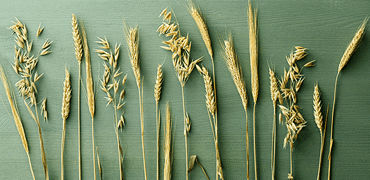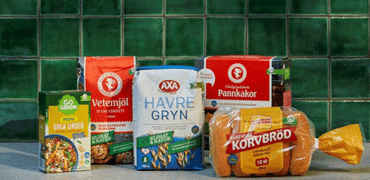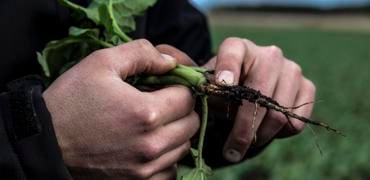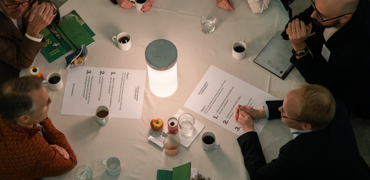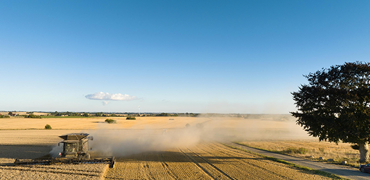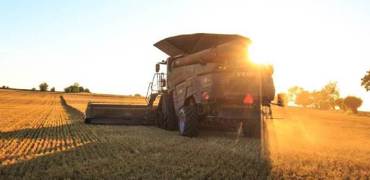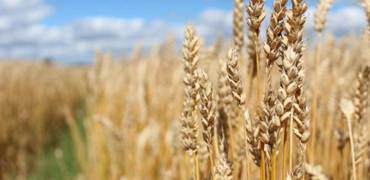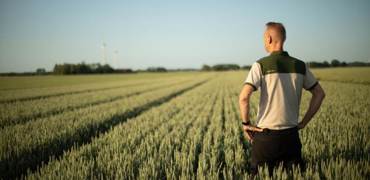Earlier this year, the European Parliament adopted a bill to ease the regulations on new genomic techniques, including the Crispr/Cas9 genetic scissors. Generally, it is the same proposal that the European Commission presented in July 2023. To come into effect the proposal has to get approval from the EU council as well. Member states need to reach an agreement before there can be a final negotiation between the Parliament, the Commission and the Council.
Within the framework of SLU Grogrund and its projects, the potential of the Crispr/Cas9 genetic scissors was acknowledged at a very early stage and the technology is used in a number of scientific projects. In the projects, it is already being used to explore desirable traits in potatoes, such as improved drought resistance and reduced levels of toxic substances. In other projects, the goals are to improve protein quality and reduce cadmium in grain.
SLU Grogrund is a competence center at SLU, the Swedish University of Agricultural Sciences, whose main task is to comprise a knowledge hub for Swedish plant breeding. Within SLU Grogrund, academia, society, and industry work together to develop expertise in plant breeding with the long-term goal of securing access to robust plant varieties and contributing to sustainable and competitive food production throughout Sweden.
In addition to Lantmännen and the Swedish University of Agricultural Sciences, LRF and Lyckeby are participating partners in SLU Grogrund. For more information about SLU Grogrund and its projects, please visit www.slu.se/en/Collaborative-Centres-and-Projects/grogrund/.
Modern plant breeding makes agriculture more profitable and viable
Lantmännen participates in 17 of SLU Grogrund’s more than 20 projects, three of which currently utilize Crispr/Cas9. Desirée Börjesdotter is Head of Plant Breeding at Lantmännen Lantbruk. She points out that there are already significant demands on the agriculture sector today that will be even tougher in the future – agriculture must become climate neutral, have minimal negative impact on the environment and at the same time produce high quality food and raw materials.
“With plant breeding, we can produce varieties with new and improved characteristics. The varieties need to generate more and at the same time be, for example, more efficient in absorbing plant nutrients and being healthier, so the inputs can be reduced,” she says.
With modern genetic scissor technology combined with the methods already used in Lantmännen’s plant breeding program, additional conditions are created for both a more profitable and sustainable agriculture that, with robust variaties, meets the increased demand for sustainably produced food.
“It's already important today, but it will become even more crucial as our planet is populated by more people,” says Desirée Börjesdotter.
Farmers need the right conditions to meet society’s expectations
The Federation of Swedish Farmers, LRF, is part of the SLU Grogrund collaboration. They consider new genomic techniques to be promising tool. Plant breeding – to altera a plant’s traits, for example to increase yields or resistance to diseases – has been practiced throughout history. The significant difference with gene editing is that changes can be made faster and more precisely than before.
“Modern plant breeding technology is an essential part of the future of agriculture. We need resilient that give higher yields with less inputs and can withstand extreme weather in a changing climate. Europe's farmers are now one step closer to benefiting from years of research findings in Sweden and other EU member countries,” says Hans Ramel, board member of the Federation of Swedish Farmers and chairman of SLU Grogrund’s steering group.
He believes that Europe’s farmers are prepared to meet society’s expectations of increased, sustainable food production, but need the right conditions to meet the requirements.
“We are therefore hopeful that the decision-makers in the EU will promptly adopt the proposed legislation to secure the Union’s future food production,” says Hans Ramel.
Facts about the Crispr/Cas9 genetic scissors
- Genetic scissors are used to make targeted mutations (precise changes) in the genome.
- At the molecular level, there is no difference between mutations that occurred naturally, randomly induced or with the help of genetic scissors.
- The genetic scissors allow the plant breeder to control where in the genome mutations will occur in the genetic material, and thus which traits it will affect – in contrast to crops with random mutations where the plant breeder must look for the desired mutations and avoid the unwanted ones, which is a costly and time-consuming process.
For more information, please contact:
Lantmännen's Press Service
Phone: +46 10 556 88 00
E-post: press@lantmannen.com






